Close your eyes and think of your city before skyscrapers, hums of traffic, and houses. Imagine the sweet, natural air swirling through the trees, the rivers echoing off the mountain walls, and the flowers and plants decorating the landscape, munched on by free-roaming wildlife. Of course, there are spaces to revel in nature’s wonder, but human impact and carbon emissions have starred as the environment’s villains. So how can we swap villain robes for superhero capes and reduce our carbon footprint? Let’s take a look!
The environment and COVID-19
Remember when we all stayed home at the start of the pandemic? Such a weird, bizarre, frightening time. But while we watched birds flock outside our windows and sat “bored in the house; in the house bored,” nature sang cries of relief. Global emissions dropped for a hot minute, thanks to empty roads and skies—reports share that emissions eased by 2.3 billion tonnes, with total airplane emissions dropping 48% compared to 2019. The outdoors started stitching its wounds (for a second).
Then, summer rolled around, and adventurers and travellers seeking an escape from working from home flocked to the mountains, parks, city walks, or anywhere with different scenery than the images rolling outside their windows. Doggie bags littered trails, cans lay forgotten by riverbanks, and erosion occurred when people sought secret gems off-the-beaten-path. Apparently, 2020 saw 8.1 billion more people go hiking than 2019, with camping and fishing numbers also increasing.
Why is it important to protect our parks? How can we help?
Did you know that our national parks and green spaces absorb carbon emissions? So when we litter the ground with cans, doggie bags, etc., we hurt ourselves and the environment. Lakes, and trees, to name a few, act as a natural safeguard against bad stuff twirling in our air. This is just one—albeit big—reason to protect our parks. Then there’s also wildlife to think about. Do we need to say more? We won’t in this article, but you can check out our blog on why we should keep the outdoors wild, where we talk more about how lack of care for the environment punishes wildlife.
What are some ways to keep the environment happy and healthy while hiking, camping, and enjoying the outdoors?
- Follow Leave No Trace principles—pick up after yourself, your dog, and others if possible and toss the trash into the right bins if the option is there.
- Keep your dog on a leash in on-leash areas to prevent them from harming wildlife (which we need to help protect Earth); plus, it’s just courteous and kind to keep your dog on a leash in general.
- Keep to the trail to prevent erosion, which hurts wildlife and plant life.
- Don’t wash your pans in the stream when camping.
With air travel once again gaining speed, emissions are bound to rise in 2023, especially those starved for an escape. Therefore, we need to do whatever we can to reduce our carbon footprint while travelling and exploring!
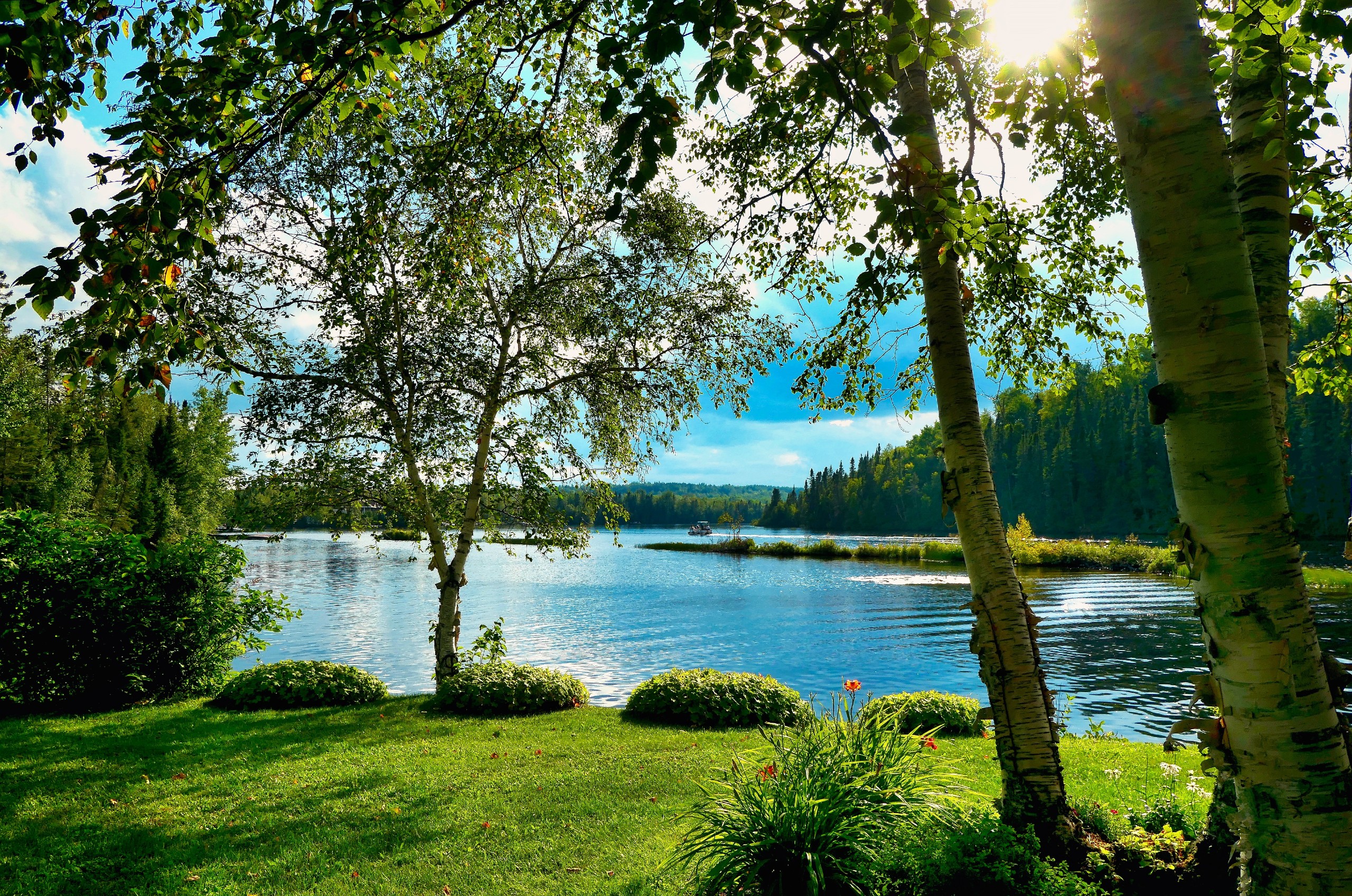
How can we reduce our carbon footprint while travelling?
What do you see when you shut your eyes and dream of travelling? I see almost every country around the world except for my home residence. So many of us have postponed travel plans and can’t wait to explore the landscapes of faraway cities. Even if we aren’t visiting natural spots, we can all do our part to respect, love, and honour Earth.
Slow Travel
One of the best ways to immerse in a culture, city, town, or landscape is to unpack your bags in your accommodation and let all the extra clothes you swore you’d wear gather dust for a few weeks while you explore and get to know your current destination.
Slow travel not only gives you a chance to befriend locals and uncover the nooks and crannies tucked in the hidden parts of town, but it also, you guessed it, benefits the environment. Think of the emissions you save by not boarding a train, plane, or automobile every couple of days? And then, think of the connections you’ll build with the cuisine, locals, music, environment, and the list goes on.
Slow travel is great for some people, especially remote workers, but what about those who only have a week to travel somewhere? While we recommend staying in one destination for that week, we understand this can be tough. Another way to travel and show our love to Earth? Book a local tour operator who keeps track of their carbon output on a trip. Most will then do what they can to give back, such as planting trees!
Let’s work together to protect the outdoors!
Book local
Booking local means that the cost of your trip will pour right back into the community (or communities) you’re visiting. 10Adventures partners with a range of tour operators, most of which support at least one of these causes: food insecurities, education, wildlife preservation, youth access to the outdoors, sustainable farming, lowering plastic waste, and trail restoration. We discuss these causes and the process of booking a tour operator in more detail here. If you’re ever in doubt, drop us a message, and we’ll direct you to the right spot.
Let’s work together to protect the outdoors!
How can we celebrate Earth Day year-round?
Even shifting some of our small habits can benefit Earth!
Everyday changes
Before leaving your house, unplug appliances, such as your toaster, TV, blender, and other devices not in use. Turning off all lights is key to saving power as well! And you might as well check the stove while you’re at it, right? Again, these small things work to reduce energy power—imagine the impact over time!
Another easy everyday change is to take a few moments to learn more about the environment and the impact that humans have upon it. We’ve already discussed the importance of learning and utilizing leave no trace policies, so why not take it one step further and spend a few minutes each day to keep up to date on environmental current events? Being conscious of topics like climate, energy, renewable resources, and scientific efforts goes a long way in helping to keep the environment and its wellbeing front of mind.
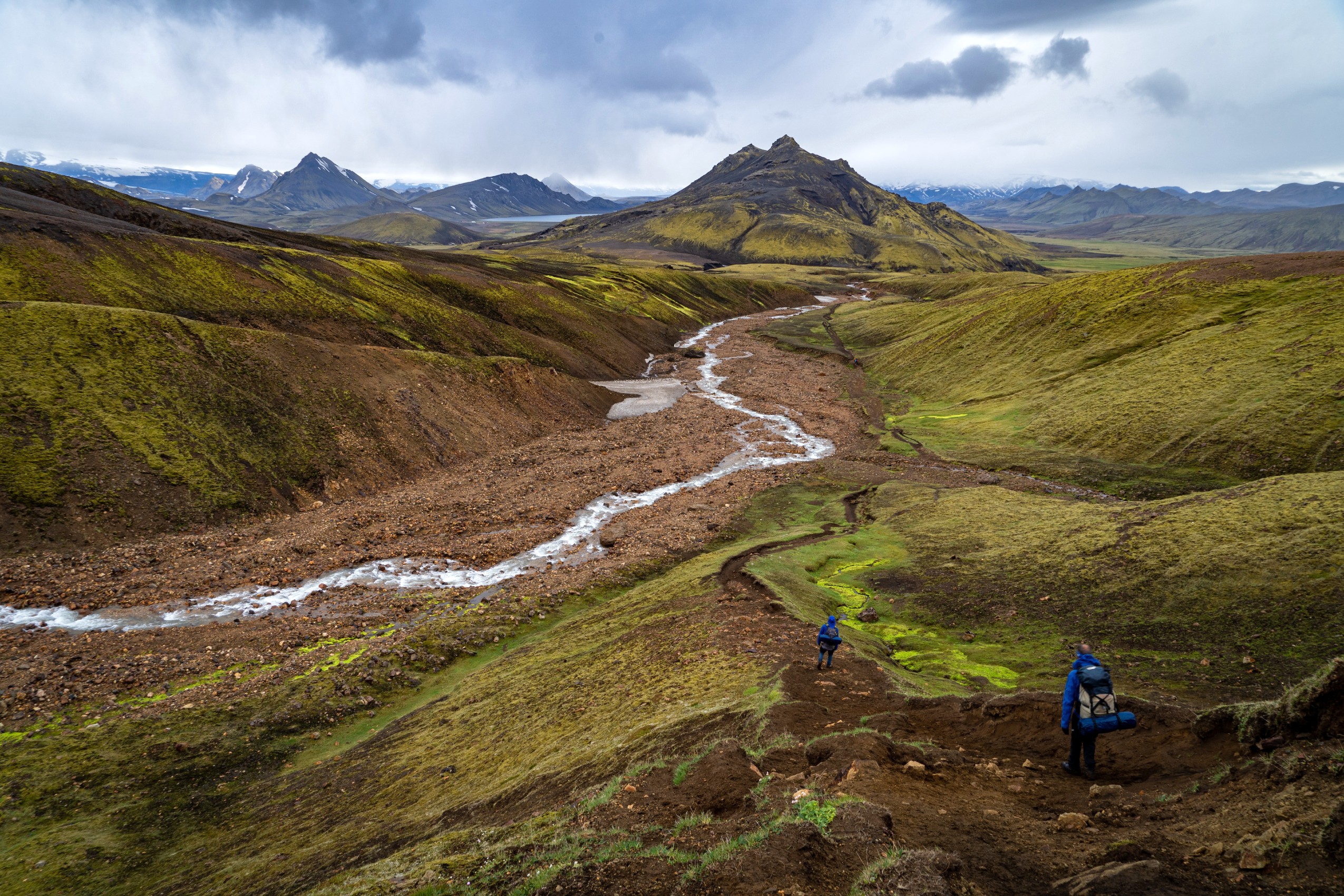
Weekly changes
When shopping for fruits and veggies, buy local to ease the transportation emissions clouding the air. Even better, aim to buy fruits and veggies in season. Of course, this can be harder said than done, but you can always reduce your apple intake outside of harvest season, for example.
In general, food production contributes to environmental damage. So, one way to lower your footprint is to reduce meat consumption. Try going meat-free at least one day a week to start!
Monthly changes
Why not grab two trash bags (one for general trash and one for recycling), put on some gloves, and pick up the wrappers and cans scattered around your community?
Other ways
- Consider the bees! The environment’s current conditions are a threat to our pollinating friends. Planting a variety of wildflowers in your garden is one to help the bees out.
- Support conservation and wildlife charities.
- Plant trees!
- Be mindful when shopping and buying new clothes. Fast fashion hurts Earth (among many horrible things).
The air we breathe, the mountains standing like a faded masterpiece in the backdrop, the soil creating a foundation below us work to keep us mere mortal beings a chance to thrive. The kicker? Earth is (seemingly) immortal, but our carelessness threatens to destroy our home and the future residence of generations to come. So let’s love it as much as we can, so others can enjoy hikes, riverfront relaxation, beach days, bright blue glacial-fed lakes, historic gardens, exotic wildlife, and the list goes on! The first of the Ten Native American Commandments states, “Treat the Earth and all that dwell thereon with respect.” Can we do it? Yes, we can!
Environmental Articles
Looking to read up on some important environmental initiatives ahead of Earth Day? Check out some of our other articles on how you can protect the environment while still enjoying the outdoors:
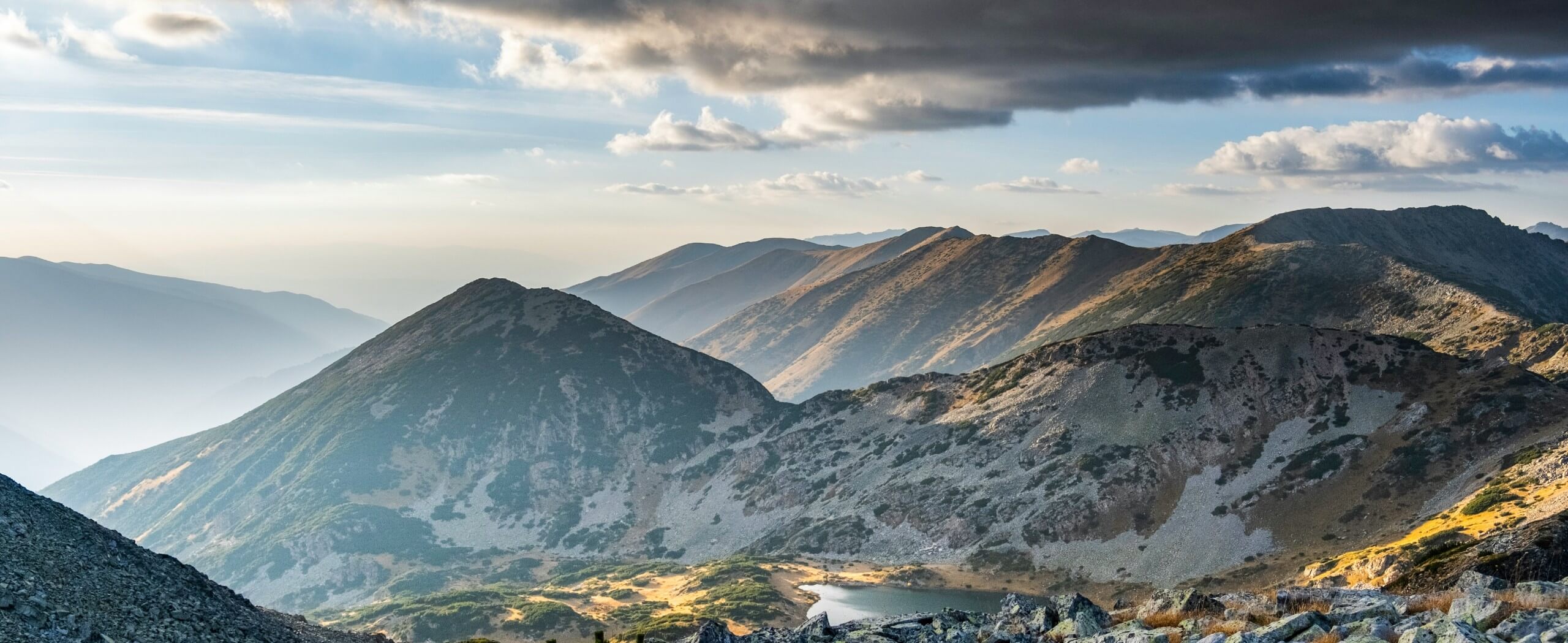
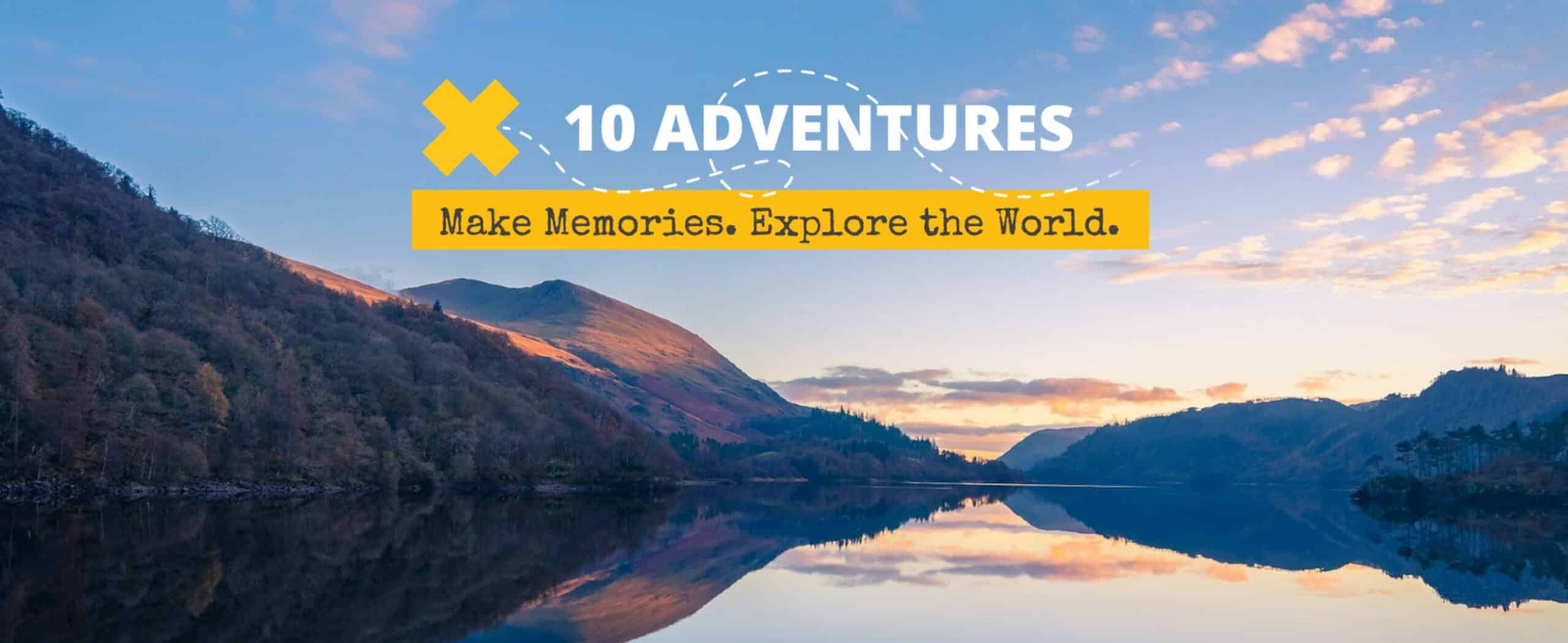
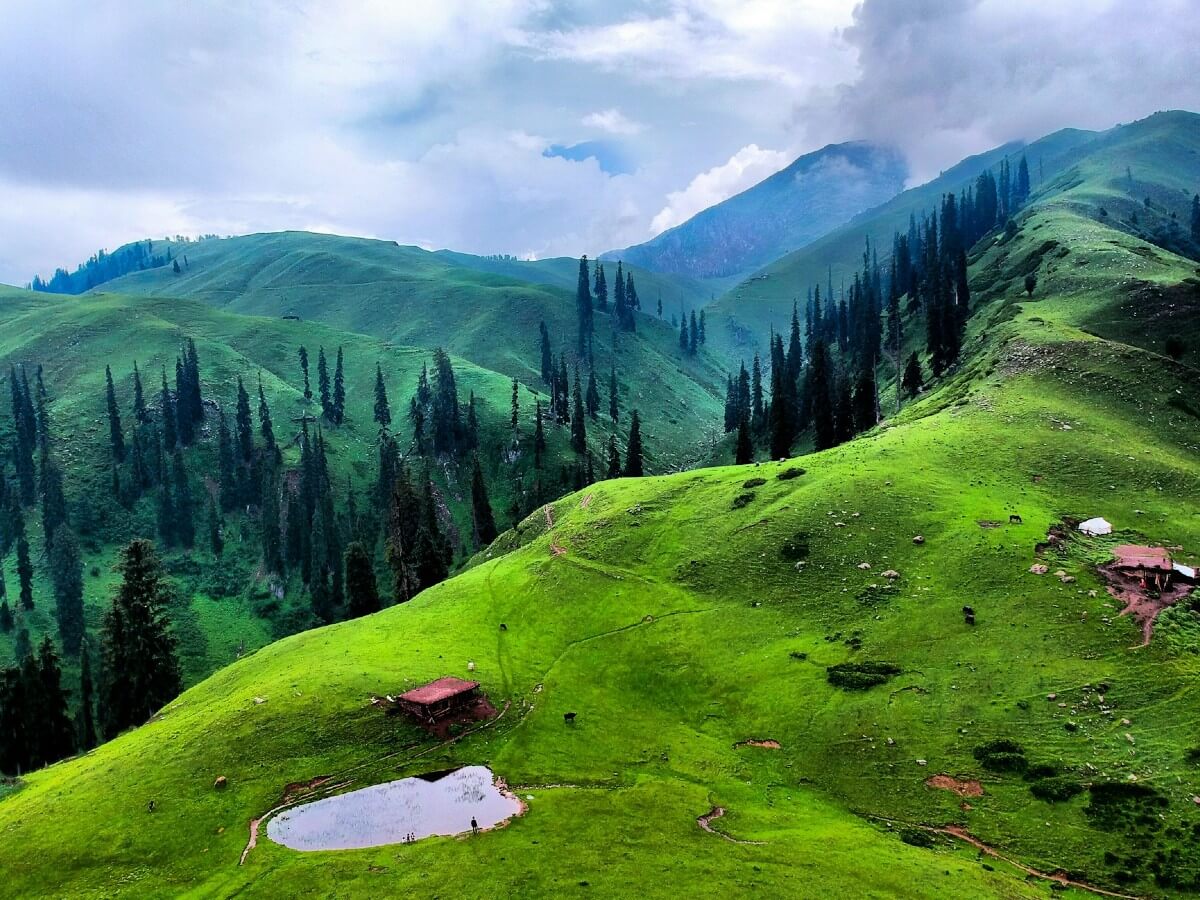
Comments